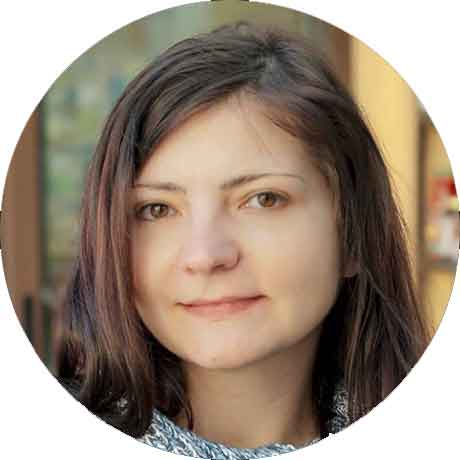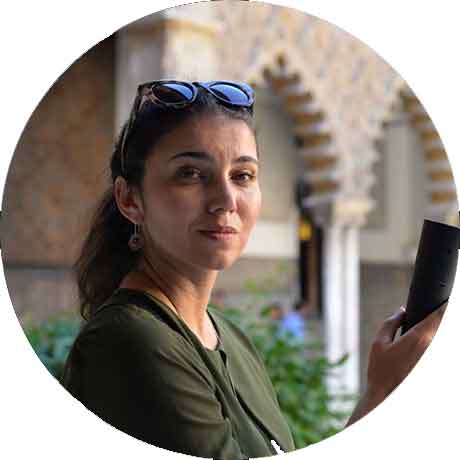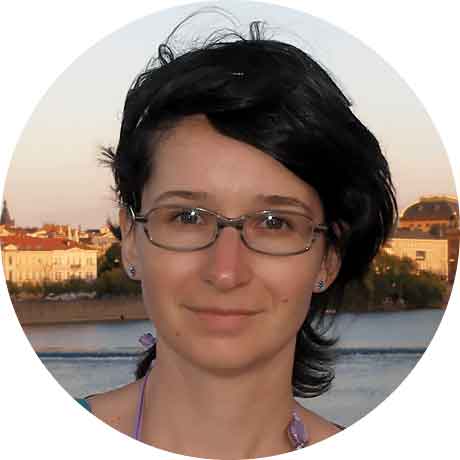Project Description
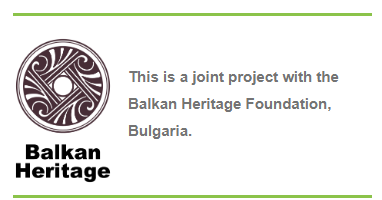
Overview
The main goal for this program to provide theoretical and hands-on training experience on pottery and glass conservation. It does so through the exposure of students to the conservation techniques and specifics of two different materials, enabling them to evaluate and appreciate similarities and differences in conservation problems, approaches, methods, technique, design and material choice applied on different types of artifacts.
The pottery and the glass vessels for the workshop in Republic of N. Macedonia come from the excavations of the Roman and Early Byzantine city of Stobi and are provided by the National Institution Stobi (NI Stobi). These are mainly locally produced Roman and Late Roman ceramic shapes.
Students begin their training with replicas of ancient vessels and then progress to originals once they reach an acceptable level of skill, accuracy and precision. Most students will be able to master conservation and restoration efforts within the course of this field school and expect to complete work on 2-5 artifacts by the end of the program, depending on the initial state of objects’ conservation, the necessity of conservation treatment and the individual performance of the student.
Upon successful completion of the course, they will be prepared to take part in projects for conservation, restoration and documentation of archaeological pottery, under the supervision of professional conservators and restorers.
| Course Details | |
|---|---|
| Course Dates | June 1-June 21, 2024 |
| Course Type | Objects Conservation, Classical Studies |
| Instructors | Bilyana Jankulovska, Dr. Angela Pencheva & Dr. Eva Todorova |
| Credits* | 4 semester (6 quarter) |
| Apply By | April 1 |
| Fees Due By | Summer 1 (May 1) |
| Program Fees | |
|---|---|
| Tuition | $2,710 |
| Transcript Fee* | $300 |
| Health & Evacuation Insurance | $90 |
| Room & Board | $1,220 |
| TOTAL: | $4,320 |
Applications accepted on a rolling basis until program fills or final deadline above.
Instructors
The directors welcome emails and inquiries about the research elements of this project. More general information (tuition, health insurance, and payment schedule) can be found under the ‘Students’ tab above. Any further questions may be addressed to IFR staff. Additional details about research, course schedule, travel, accommodation, and safety can be found on the syllabus. Contacting the directors or the IFR office is encouraged and appreciated. It may help you determine if this field school is a good fit for you.
Testimonials
This is a new IFR field school. No student testimonials are available at this time.
Payment & Student Fees
Application Fee: There is a $45 fee to submit an online application.
Deposit Payment: A nonrefundable $500 deposit is due within 3 weeks of program acceptance in order to secure your place. The remainder of your program fees are due by the deadline indicated under “Course Details”.
*Transcript Fee & Academic Credit Opt Out: If you wish to participate in an IFR field school without earning academic credits, you will not be charged a transcript fee.
For more information about payment, fees, and policies, please see details under our Payment & Finances and Withdrawal and Cancellation Policy pages.
Accommodations
Participants stay at the recently renovated, air-conditioned cabins at the archaeological base camp next to the ancient site of Stobi. Students will be housed in rooms with 2–3 beds each. Each cabin has 4 bedrooms, a living room, and 2 bathrooms with showers. A washing machine and Wi-Fi are available for free. The Stobi cleaning staff will clean and disinfect the rooms & bathrooms and common spaces every day. In the beginning of the field school students will be introduced to the safety protocol for the hotel, the shuttle and the site upon arrival.
The closest village to Stobi is Gradsko (5 km), where there are grocery stores, a pharmacy, an ATM, and medical facilities. The closest big supermarket, drugstores, pharmacies, banks with ATM and hospitals are in the city of Negotino (13 km from Stobi).
Meals: Three meals (fresh, homemade food) per day are provided. Meals usually take place at the field house premises, except for lunch packages during excursions. This field school can accommodate vegetarians, vegans, and individuals with lactose-intolerance diets, however, vegetarian/vegan students should be prepared that meals may not be as varied as they are accustomed to. Students will have access to grocery stores if they need supplemental food. Kosher and gluten-free diets are impossible to accommodate at this location.
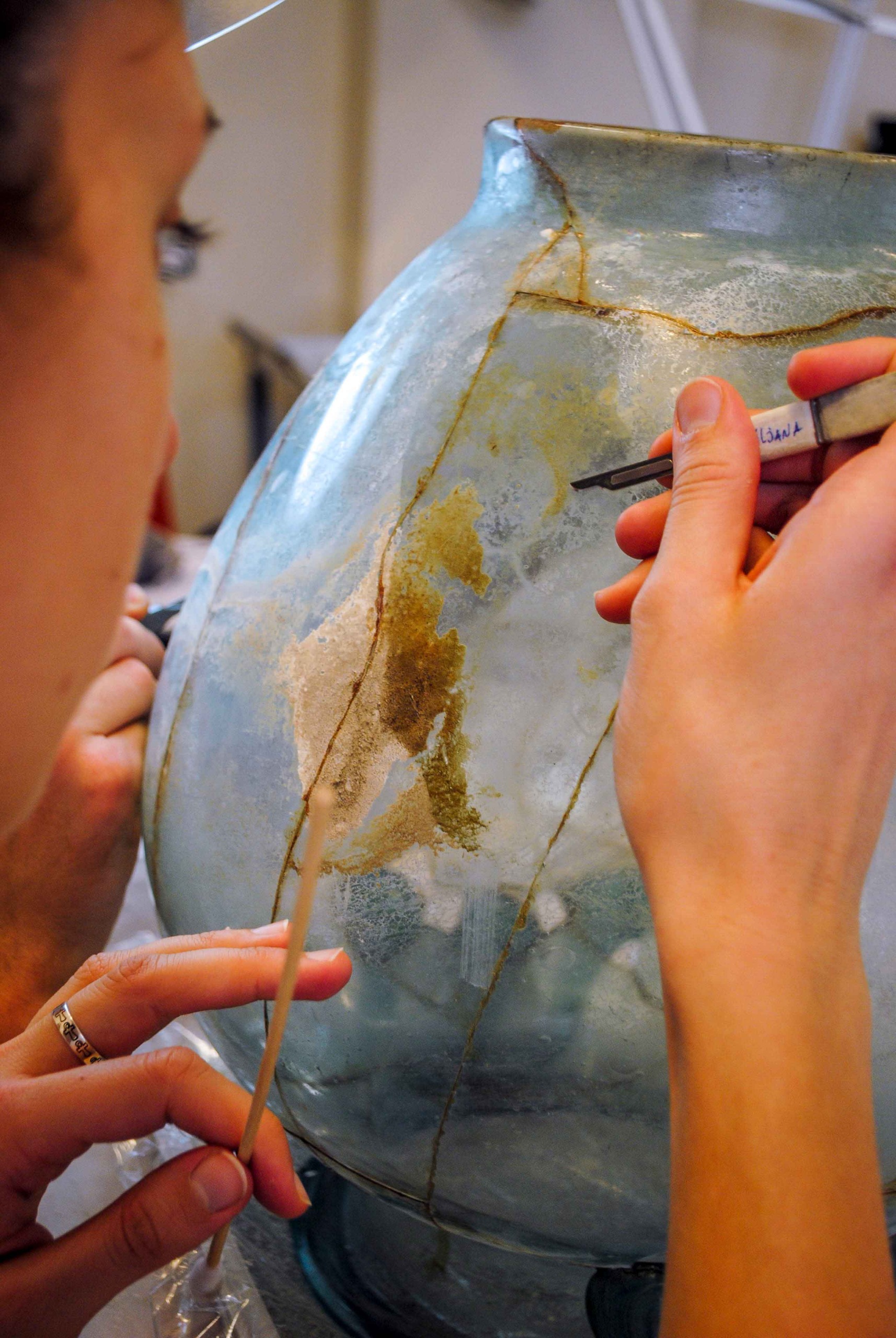
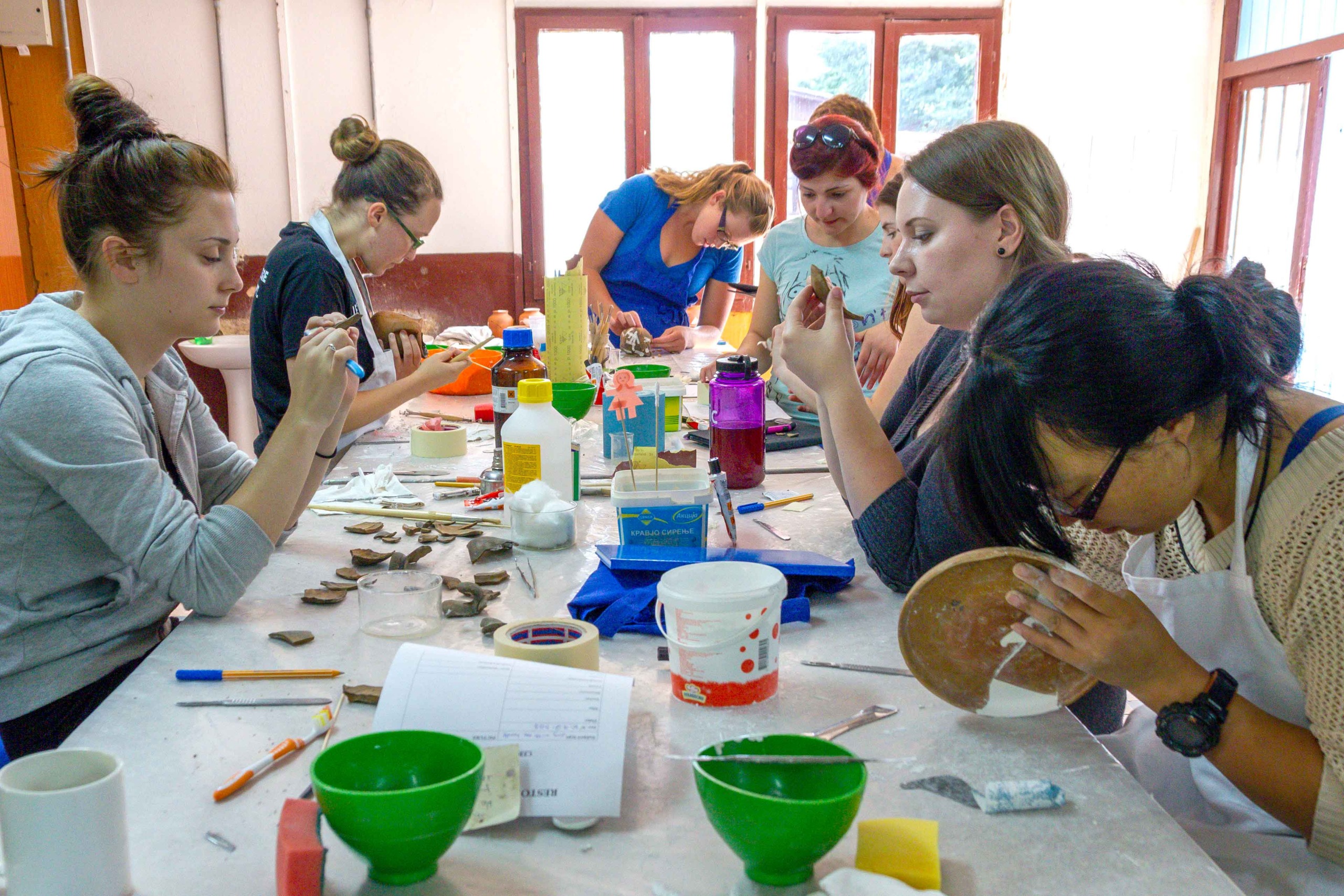
Travel Info
Natural disasters, political changes, weather conditions and various other factors may force the cancellation or alteration of a field school. IFR recommends students only purchase airline tickets that are fully refundable and consider travel insurance in case a program or travel plans must change for any reason.
General information for this program is below, but keep in mind we will discuss any updated travel information and regulations during the required program orientation, which could affect travel plans.
Shuttle or taxi service will be organized for all the students arriving at the two closest airports: Skopje airport (N. Macedonia) or Thessaloniki airport (Greece). Further travel details will be provided during program orientation.
VISA REQUIREMENTS
Citizens of EU, EEA, USA, Canada, Japan, Republic of Korea, Australia and New Zealand do not need a visa to visit R. of N. Macedonia for up to 90 days.
Citizens of all other countries may need a visa. The Balkan Heritage Foundation can send an official invitation letter that should be used at the relevant embassy to secure a visa to the program.
For more information about border crossing visit the Balkan Heritage Field School web site at http://www.bhfieldschool.org/countries/macedonia and http://www.bhfieldschool.org/countries/bulgaria and http://www.bhfieldschool.org/information/visa-help and the links provided there.
Student Safety
The IFR primary concern is with education. Traveling and conducting field research involve risk. Students interested in participating in IFR programs must weigh whether the potential risk is worth the value of education provided. While risk is inherent in everything we do, we do not take risk lightly. The IFR engages in intensive review of each field school location prior to approval. Once a program is accepted, the IFR reviews each program annually to make sure it complies with all our standards and policies, including student safety.
Students attending IFR international programs are covered by a comprehensive Health Insurance policy that includes physical illness or injury, mental or chronic conditions. No deductible and 100% of costs are covered up to $250,000. In addition, we provide Political and Natural Disaster Evacuation policy, which allow us to remove students from field school location if local conditions change. Our field school directors are scholars that know field school locations and cultures well and are plugged in into local communities and state institution structures.
Students attending IFR domestic programs (within the US) must have their own health insurance and provide proof upon enrollment. IFR field school directors are familiar with local authorities and if in need of evacuation, local emergency services and/or law enforcement will be notified and activated.
The IFR has strong, explicit and robust policy towards discrimination and harassment in the field. If students feel they cannot discuss personal safety issues with field school staff, the IFR operates an emergency hotline where students may contact IFR personnel directly.
Call us at 877-839-4374 or email us at info@ifrglobal.org if you have questions about the safety of any particular program.
























